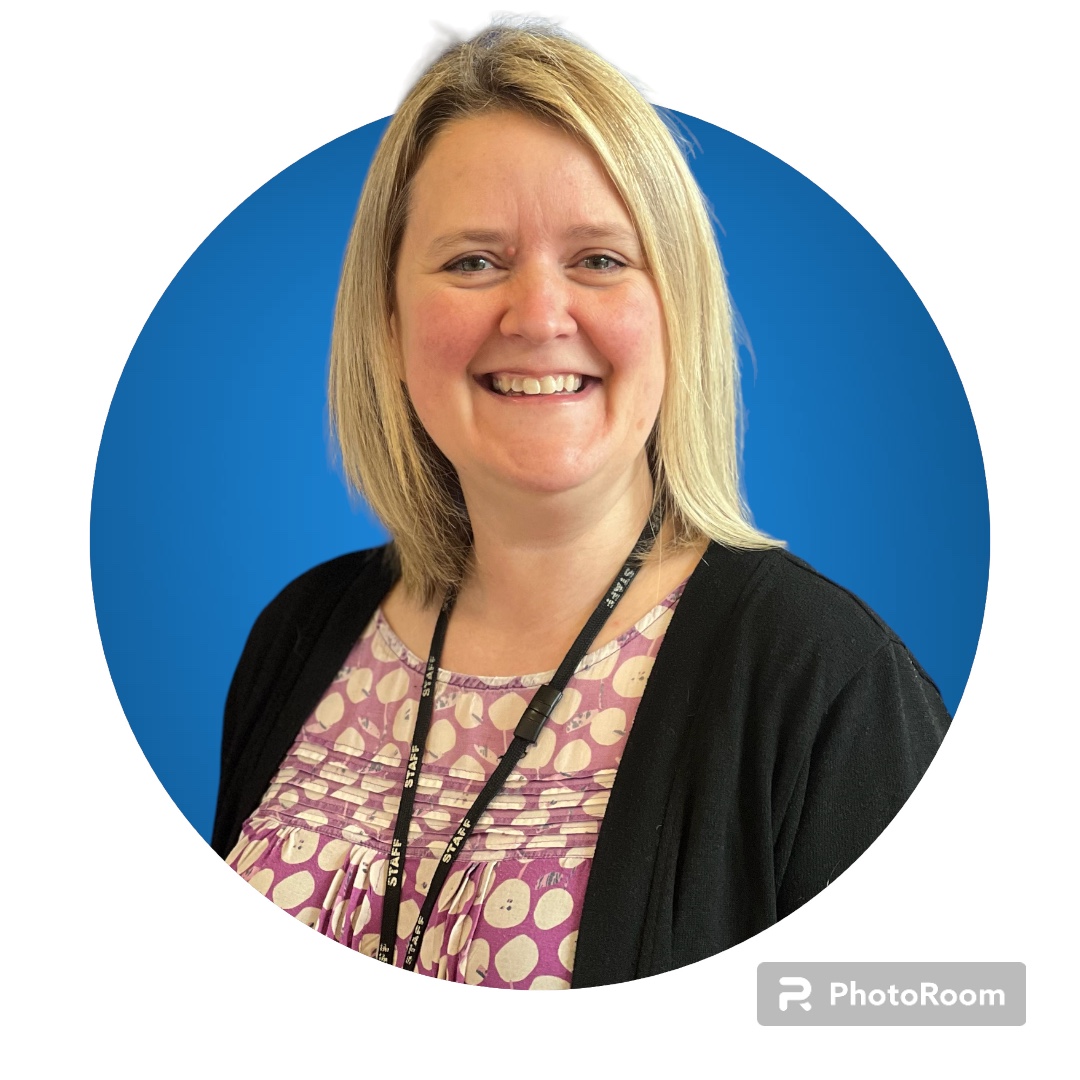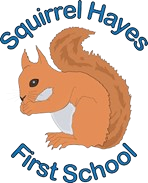Early Years Foundation Stage
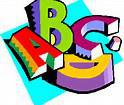
What is the Foundation Stage?
The Early Years Foundation Stage is the government’s label for education of pupils aged 2 to 5 in England.
At Squirrel Hayes First School we offer education for children within our Foundation Stage who are between 3 and 5 years old.
What will your child do in the Foundation Stage?
At Squirrel Hayes First School we offer a personalised approach to learning from the day your child starts with us. We will play with your child and interact with them with some self-chosen and some adult chosen activities observing their knowledge and skills to get a baseline level. We will then plan for your child in a personalised way to ensure that they are getting the next steps in their education to move their learning on.
The Foundation stage has very close links with year one and we make sure there is a smooth transition between Reception and Year one at the end of the year by visiting the classroom, getting to know their new teacher before spending some time learning in the new classroom environment.
Learning in the Foundation Stage is carried out in a number of different ways:
Adult Led Activities: These are activities planned by the teacher in a personalised way to ensure each learner is getting the next steps in their education. These activities usually last for between 5 and 10 minutes and learners are strongly encouraged to access these activities.
Continuous provision: These are activities are linked to all the areas of learning within the Early Years Foundation Curriculum (see below). Learners access these activities freely and adults interact and observe the learners within these activities.
Child Choice activities: These activities are chosen by the learners. Learners may have a particular interest in an area and want to explore resources linked to that interest.
Learning within the Foundation Stage happens both indoors and outdoors. The Outdoor classroom is planned for and set up every day (weather permitting) with activities linked to the indoor classroom. These may include adult led activities as well as continuous provision and child choice activities. Learners access both the indoor classroom and outdoor classroom throughout the day.
Assessment within the Foundation Stage
Assessment in the foundation stage is an ongoing process. Learners as usually unaware that they are being assessed. Adults will observe the learners either within their play or at adult led activities to make a judgement about their stage of development. The teacher will use these observations to plan the next stage of the learners education.
There will be at least 3 formal assessment points across the year where all children are observed and assessed against what they have been taught.
The Curriculum
The curriculum in the Foundation Stage is divided into 7 different areas
|
Areas of Learning Development |
|||||
|
Prime Areas |
|||||
|
Communication and Language |
Personal, Social and Emotional Development |
Physical Development |
|||
|
|
|
|||
|
Specific Areas |
|||||
|
Literacy |
Mathematics |
Understanding the World |
Expressive Arts and Design |
||
|
|
|
|
||
The seven areas help us to plan the learning environment, the activities and experiences both inside and outside. This does not mean that children’s learning is divided up into areas. One experience may provide a child with a number of skills. For example, children building with blocks may cooperate in carrying the heavy and large blocks, negotiate the best place to put them, compare the weight and dimensions of different blocks and act out an imaginary scene. Therefore, they may be developing language, mathematical, physical, personal and social development through this one activity.
Within The Foundation Stage there are also Characteristics of effective learning which look at how your child learns. These are:
|
Playing and exploring – engagement
|
Active Learning – motivation
|
Creating and thinking critically – thinking |
Teamwork
|
|
|
|
|
These like closely with Squirrel Hayes First Schools BLP (Building Learning Power) skills.
Playing and exploring links with the resourceful BLP
Active learning links with the Resilience BLP
Creating and thinking critically links with the Reflective BLP
Teamwork links with the Reciprocity BLP
Within the Foundation Stage we celebrate these skills with learning characters who we have given special names:
Reflective Rebecca
Resourceful Rupert
Reciprocity Reece
Resilient Ruby.
The learners therefore become familiar with the terms and are able to celebrate the different ways that they learn.
Phonics

Read Write Inc.’, a very successful Synthetic Phonics programme, is fully embedded in our school. All reading Teachers are highly trained and our Reading Leader keeps up to date with regular training to share with reading Teachers. Synthetic Phonics is a way of teaching reading.
When children are learning to read there are two crucial things to learn:
*The sounds represented by written letters,
*How to blend the sounds together to make words.
Children are taught to read letters or groups of letters by saying the sound(s) they represent – so, they are taught that the letter m sounds like mmm ... when we say it. Children can then start to read words by blending (synthesising) the sounds together to make a word.
Blending is often referred to as sounding out. We refer to blending as Fred Talk, which is part of the highly motivating ‘Read Write Inc’ scheme. All these terms focus on the same point – synthesising sounds.
Singapore Maths
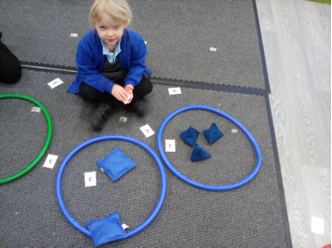
Singapore Maths is a highly effective teaching and learning approach linked to international research.
What makes Singapore Maths a recipe for Success?
Learners will:-
- Use manipulatives and activities that build concrete understanding
- Use strategies that focus on number sense
- Have opportunities for learners to explain their thinking (problem solving)
- Be encouraged to make connections
New mathematical concepts are learnt using a three step process. The three steps are: concrete, pictorial, and abstract. In the concrete step, learners engage in hands-on learning experiences using concrete objects such as counters, Numicon, or straws. This is followed by drawing pictorial representations of mathematical concepts. Learners then solve mathematical problems in an abstract way by using numbers and symbols.
Nursery class;
We begin introducing Numeracy in the Nursery through a short session focusing on:
- Recognising numbers 0-5
- Counting out objects 0-5
- Counting a group of objects 0-5
- Matching numeral and quantity 0-5
- Representing 0-5 in a variety of ways
- 1 more than a number to 5
- Addition up to 5
- Ordering 0-5
When learners are fully secure in these skills we will move onto 6-10
Reception class;
We develop these skills in Reception through explicit Numeracy sessions where learners are taught to:
- Recognising numbers 0-10
- Counting out objects 0-10
- Counting a group of objects 0-10
- Matching numeral and quantity 0-10
- Representing 0-10 in a variety of ways
- 1 more and 1 less than a number to 10
- Addition and subtraction up to 10
- Sharing, halving and doubling 0-10
- Ordering 0-10
When learners are fully secure in these skills which should be at the end of the Autumn term we will move onto 10-20.
Literacy
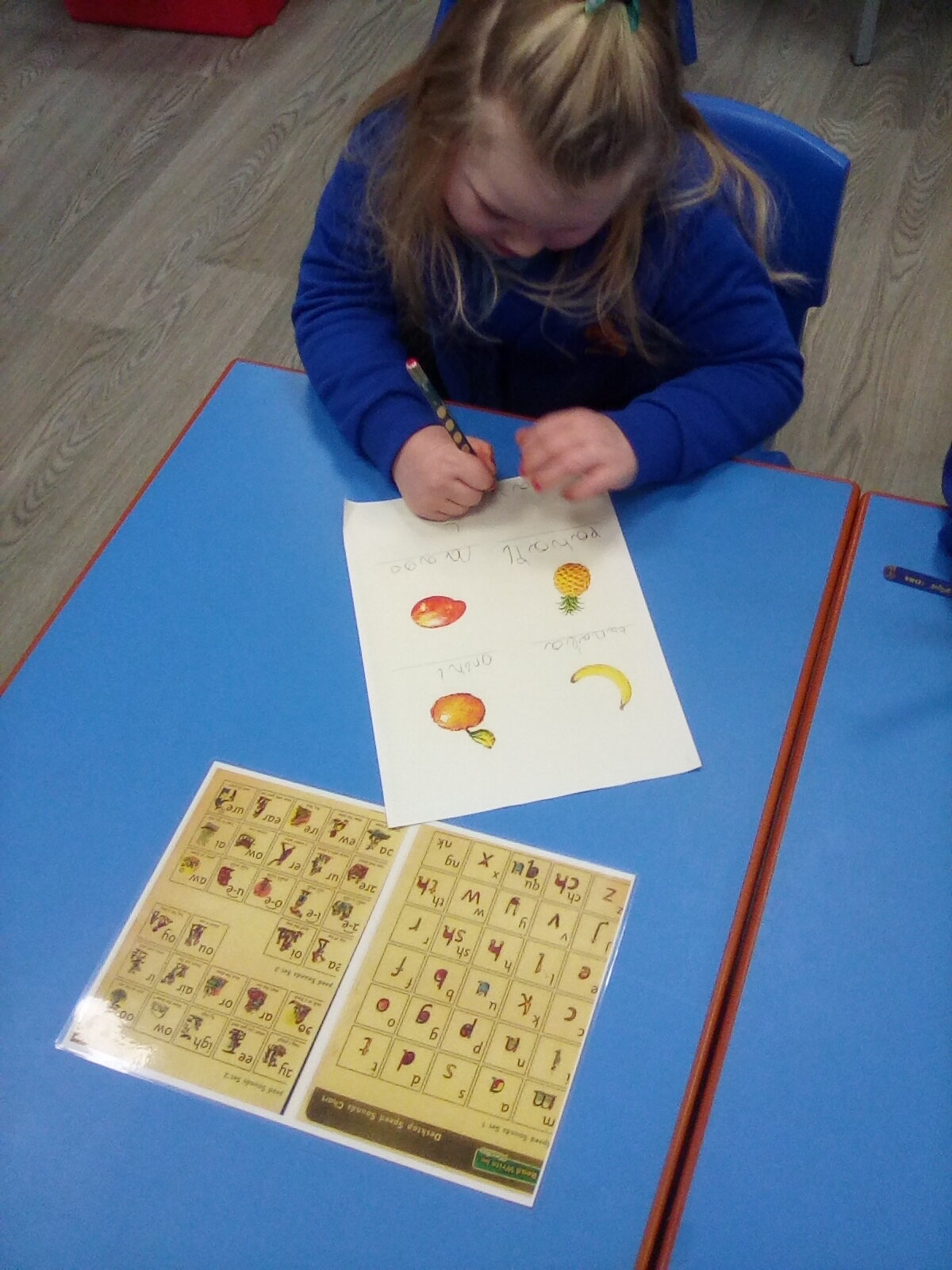
Nursery class;
We begin introducing literacy in the Nursery through a short session focusing on:
- Making marks in a variety of ways, sand, chalk, felt tip, pencil etc.
- Drawing simple pictures
- Making simple marks to represent letters
- Name writing
- Saying sentences out loud
- Listening to others in a group
- Beginning to hear and write sounds in words
Reception class;
We develop these skills in Reception through explicit literacy sessions where learners are taught to:
- Write simple and complex sentences
- Use all the sounds they have learnt in their writing
- Use correct letter formation
- Read and write high frequency words
- Use capital letters, finger spaces and full stops correctly
Home Learning
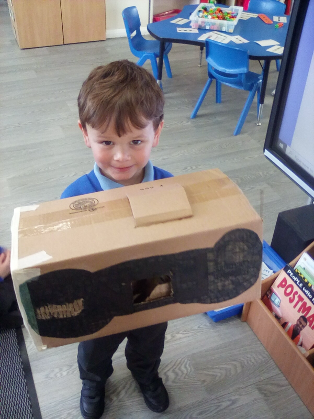
We feel that you as parents are the first and most important educator of your child before they reach school. We think that you play a vital role in helping to develop your child in many ways. As a result we want to ensure that you are fully involved in what your child is learning at school.
Every child will be provided with their own personal book for home learning – ‘Learning Logs’.
Home learning will include:
- Discussion or RWI books
- Topic based discussion/activities
- Literacy and numeracy discussion/activities
- Sound and number keyrings
It is hoped that this approach will encourage parental involvement and as each child response to the task is unique, a personalised approach to their own learning.
Home Learning will also be accessed on our online platform ‘Google Classroom’. You will receive logins for this when you start.
If you need to know more about this subject please don't hesitate to ask the subject lead Mrs Taylor.
